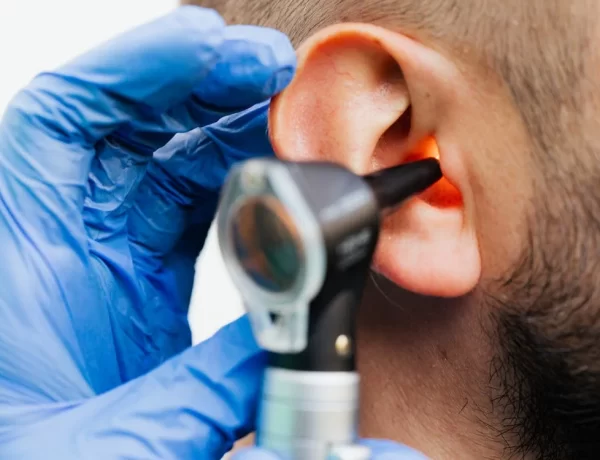Cannabis addiction is a growing concern in many parts of the world, particularly as the substance becomes more widely accepted and legalised for recreational and medicinal use. While many individuals turn to cannabis for its psychoactive effects, a significant number may find themselves struggling with dependency. The rise of cannabidiol (CBD), a non-psychoactive compound found in cannabis, has sparked interest in its potential therapeutic benefits, particularly in helping individuals overcome cannabis abuse.
Understanding Cannabis Addiction
Cannabis addiction, also known as cannabis use disorder, can manifest in various ways. Individuals may find themselves using cannabis more frequently than intended, experiencing cravings, or continuing to use despite negative consequences. This dependency can lead to a range of issues, including impaired social relationships, decreased productivity, and mental health challenges. As the stigma surrounding cannabis use diminishes, it is crucial to address the potential for addiction and explore alternative approaches to recovery.
The Role of CBD
CBD is one of over a hundred cannabinoids found in the cannabis plant. Unlike its more famous counterpart, tetrahydrocannabinol (THC), CBD does not produce the “high” associated with cannabis use. This unique property makes CBD an appealing option for those seeking to manage their cannabis consumption without experiencing psychoactive effects. Research has begun to suggest that CBD may play a role in reducing cravings and withdrawal symptoms associated with cannabis addiction.
Mechanisms of Action
The therapeutic effects of CBD are thought to arise from its interaction with the endocannabinoid system (ECS), which plays a crucial role in regulating various physiological processes, including mood, memory, and stress response. By modulating the ECS, CBD may help to restore balance and alleviate some of the psychological challenges associated with cannabis abuse.
Reducing Cravings: Studies have indicated that CBD may help reduce cravings for cannabis by influencing the brain’s reward system. This could be particularly beneficial for individuals trying to cut back or quit altogether, as cravings can be a significant barrier to recovery.
Alleviating Withdrawal Symptoms: When individuals stop using cannabis, they may experience withdrawal symptoms such as irritability, anxiety, and sleep disturbances. Preliminary research suggests that CBD may help mitigate these symptoms, making the transition away from cannabis use more manageable.
Addressing Co-occurring Mental Health Issues: Many individuals struggling with cannabis addiction also face mental health challenges, such as anxiety or depression. CBD has been studied for its potential anxiolytic and antidepressant effects, providing a dual benefit for those in recovery.
Evidence from Research
While the body of research on CBD and cannabis addiction is still evolving, several studies have shown promising results. A study conducted by the National Library of Medicine found that CBD significantly reduced anxiety and cravings in individuals with a history of cannabis use. Additionally, the findings highlighted the potential of CBD in treating substance use disorders more broadly, suggesting that its therapeutic properties could extend beyond cannabis.
Practical Considerations
For individuals considering CBD as a tool to overcome cannabis abuse, there are several factors to keep in mind:
Consultation with Healthcare Professionals: It is essential to consult with a healthcare provider before starting any new treatment, including CBD. They can provide personalised advice and ensure that CBD is appropriate for the individual’s specific situation.
Quality and Dosage: The market for CBD products is vast and often unregulated. It is crucial to choose high-quality products from reputable sources. Additionally, determining the right dosage can vary from person to person, so starting with a low dose and gradually increasing it under supervision may be advisable.
Holistic Approach: While CBD may offer benefits, it should not be viewed as a standalone solution. A comprehensive approach to recovery that includes therapy, support groups, and lifestyle changes can enhance the chances of success.
As cannabis becomes increasingly prevalent in society, the potential for addiction remains a critical issue. CBD offers a promising avenue for those seeking to overcome cannabis abuse, providing a non-psychoactive alternative that may help reduce cravings and alleviate withdrawal symptoms. While more research is needed to fully understand the extent of its benefits, the initial findings are encouraging. For individuals grappling with cannabis addiction, incorporating CBD into a broader recovery plan may provide the support they need to reclaim their lives and achieve lasting change.
Read more lifestyle and CBD articles at ClichéMag.com
Images provided by Deposit Photos, BingAI, Adobe Stock, Unsplash, Pexels, Pixabay & Creative Commons





